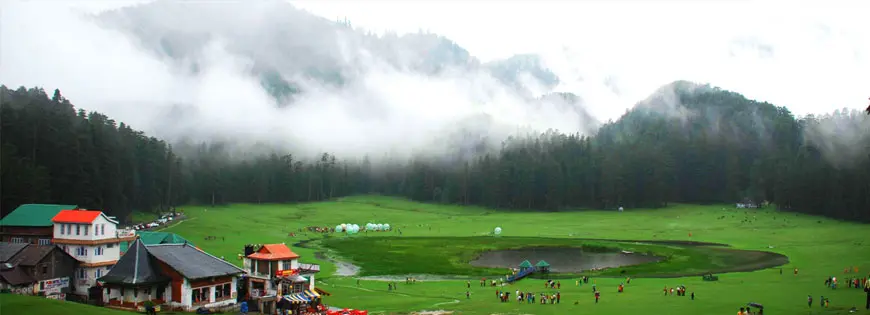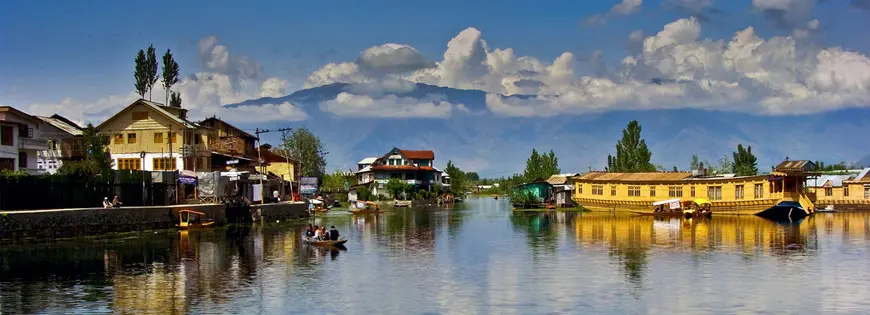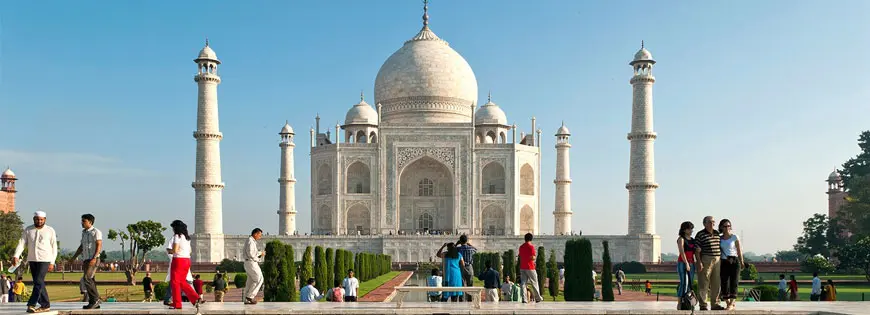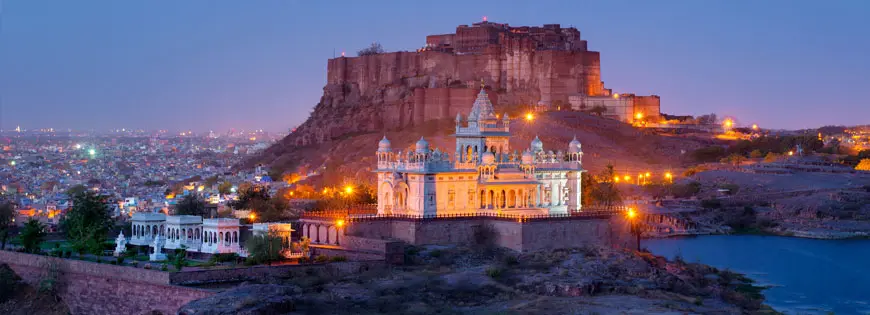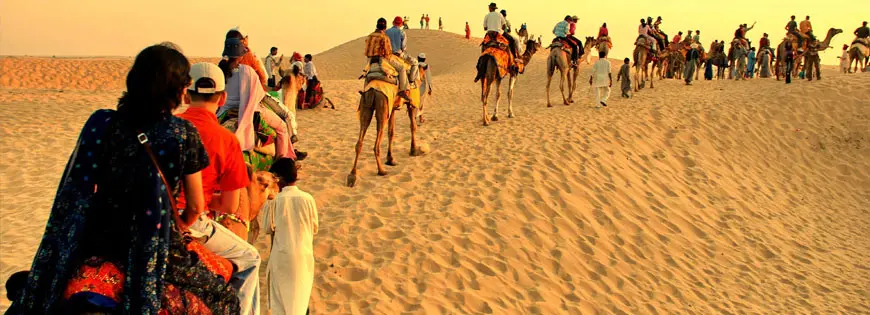
Jallianwala Bagh Amritsar
The Jallianwala Bagh massacre, also known as the Amritsar massacre, was a seminal event in the British rule of India. On 13 April 1919, a crowd of non-violent protesters, along with Baishakhi pilgrims, had gathered in the Jallianwala Bagh garden in Amritsar, Punjab to protest the arrest of two leaders despite a curfew which had been recently declared. On the orders of Brigadier-General Reginald Dyer, the army fired on the crowd for ten minutes, directing their bullets largely towards the few open gates through which people were trying to run out. The dead numbered between 370 and 1,000, or possibly more. This "brutality stunned the entire nation", resulting in a "wrenching loss of faith" of the general public in the intentions of Britain. The ineffective inquiry and the initial accolades for Dyer by the House of Lords fuelled widespread anger, leading to the Non-cooperation Movement of 1920–22.
On Sunday, 13 April 1919, Dyer was convinced of a major insurrection and he banned all meetings, however this notice was not widely disseminated. That was the day of Baisakhi, the main Sikh festival, and many villagers had gathered in the Bagh. On hearing that a meeting had assembled at Jallianwala Bagh, Dyer went with fifty Gurkha riflemen to a raised bank and ordered them to shoot at the crowd. Dyer continued the firing for about ten minutes, until the ammunition supply was almost exhausted; Dyer stated that 1,650 rounds had been fired, a number which seems to have been derived by counting empty cartridge cases picked up by the troops. Official British Indian sources gave a figure of 379 identified dead, with approximately 1,100 wounded. The casualty number estimated by the Indian National Congress was more than 1,500, with approximately 1,000 dead.
Dyer was initially lauded by conservative forces in the empire, but in July 1920 he was censured and forced to retire by the House of Commons. He became a celebrated hero in Britain among most of the people connected to the British Raj, for example, the House of Lords, but unpopular in the House of Commons, that voted against Dyer twice. The massacre caused a re-evaluation of the army's role, in which the new policy became "minimum force", and the army was retrained and developed suitable tactics for crowd control. Some historians consider the episode as a decisive step towards the end of British rule in India, although others believe that greater self-government was inevitable as a result of India's involvement in World War I.




